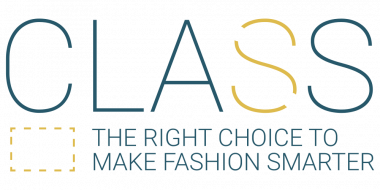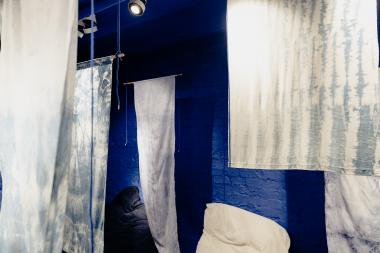Renewcell receives Fast Company 2023 World Changing Ideas Award
Renewcell is the recepient of the Fast Company 2023 World Changing Ideas Awards for the Sustainability/Energy category with the development of recycling unused textiles into pulp, branded as CIRCULOSE®, used for man-made cellulosic fiber production of viscose, modal, lyocell, acetate and other fibers. Additionally Renewcell is recognized as a finalist in the Europe, the Middle East, and Africa category, as well as a finalist in the climate category for the 2023 World Changing Ideas Awards.
World Changing Ideas Awards honor sustainable designs, innovative products, bold social initiatives, and other creative projects that are changing the way we work, live, and interact with the world.
This year’s World Changing Ideas Awards showcase 45 winners, 216 finalists, and more than 300 honorable mentions—with health, climate, energy, and AI among the most popular categories. A panel of Fast Company editors and reporters selected winners and finalists from a pool of more than 2,200 entries across urban design, education, nature, politics, technology, corporate social responsibility, and more. Several new categories were added this year including rapid response, crypto and blockchain, agriculture, and workplace. The 2023 awards feature entries from across the globe, from Italy to Singapore to New Zealand. Fast Company’s Spring 2023 issue (on newsstands May 9, 2023) will showcase some of the world’s most inventive entrepreneurs and forward-thinking companies that are actively tackling global challenges.
Renewcell Fast Company World Changing Ideas Award Awards Sustainability Circulose® cellulosic fiber
Renewcell





























